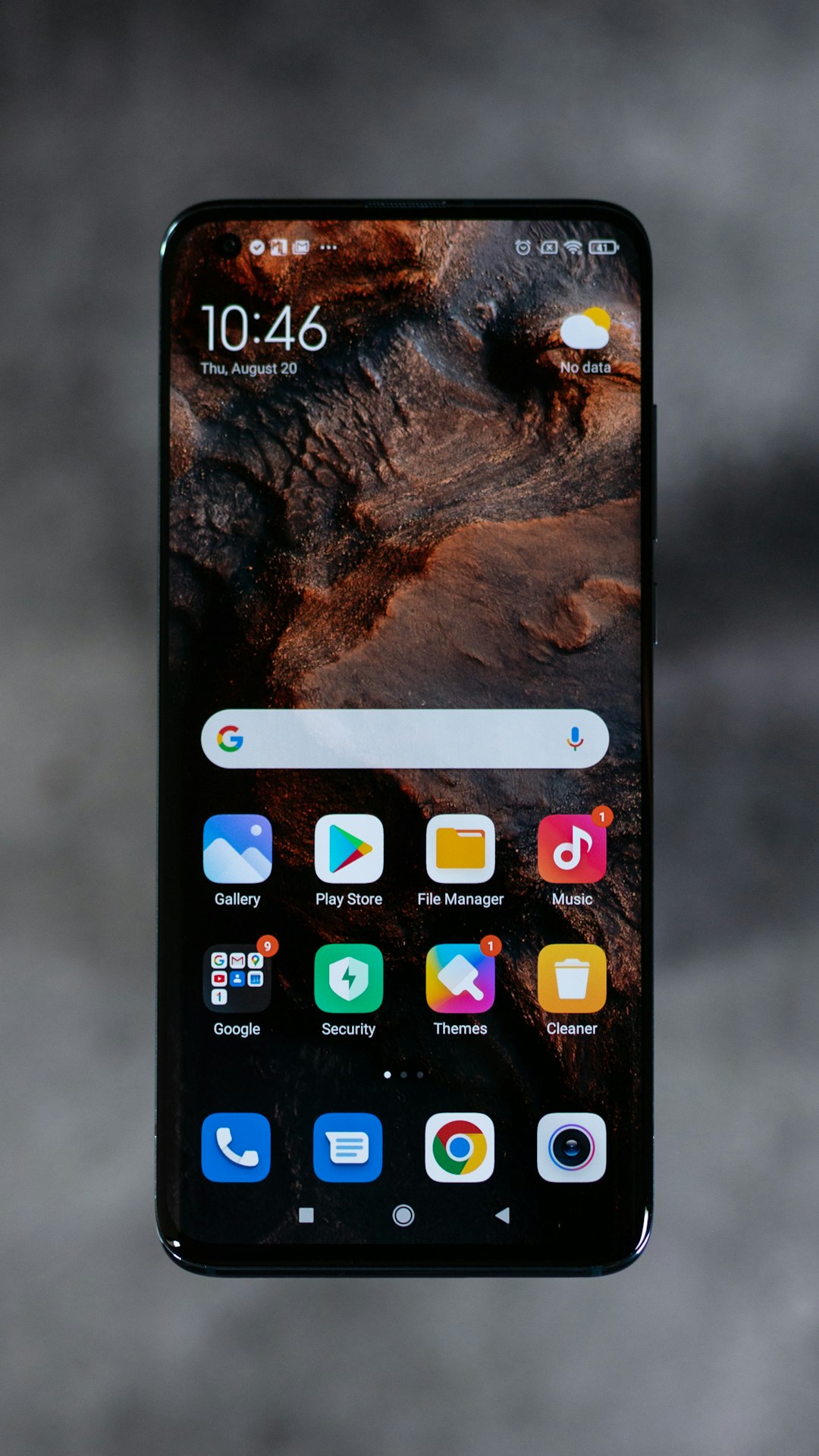Spam calls targeting Minnesota retirement communities are a growing problem, violating federal and state laws. To stop these nuisance calls, residents can take practical steps like registering on the National Do Not Call Registry and using call-blocking apps. For persistent issues, consulting a specialized Spam Call Law Firm Minnesota or Spam Call Lawyers Minnesota who handle TCPA cases is recommended to protect against violators and create safer environments for seniors.
Spam calls are a persistent and frustrating issue, particularly within Minnesota’s retirement communities. These unwanted phone solicitations not only disrupt peace of mind but can also target vulnerable individuals with misleading or aggressive sales tactics. Understanding the prevalence and impact of spam calls in this demographic is crucial. This article explores effective strategies to combat these intrusions, backed by Minnesota’s stringent spam call laws and the expertise of local legal firms specializing in TCPA compliance. Learn how residents and retirement communities can protect themselves through proactive measures and legal avenues.
Understanding Spam Calls and Their Prevalence in Minnesota Retirement Communities

Spam calls are a persistent and growing problem in Minnesota retirement communities, affecting residents’ quality of life. These unwanted phone calls often promote products or services, use aggressive sales tactics, and can be particularly disturbing for seniors who may be more vulnerable to manipulation or fraud. In many cases, these calls violate the Telephone Consumer Protection Act (TCPA), a federal law designed to curb abusive telephone marketing practices.
Understanding how to stop spam calls is crucial for Minnesotans, especially those living in retirement communities. Residents can take several steps, such as registering on the National Do Not Call Registry, using call-blocking apps, and informing telemarketers that they wish to be removed from their lists. For more severe cases involving persistent or harassing spam calls, consulting a spam call law firm or hiring lawyers specialized in TCPA issues in Minnesota can provide legal recourse and help stop these unwanted intrusions into peaceful retirement living.
The Legal Landscape: Minnesota's Spam Call Laws and Consumer Protection

In Minnesota, the fight against spam calls is regulated by the Telephone Consumer Protection Act (TCPA), a federal law designed to curb unwanted telemarketing practices. This legislation empowers consumers with tools to protect themselves from excessive or deceptive phone calls, particularly those targeting retirement communities. If you’re seeking relief from relentless spam calls, consulting a Spam Call Law Firm Minnesota or hiring Spam Call Lawyers Minnesota specializing in TCPA cases is a strategic move. These legal professionals can guide you on how to stop spam calls effectively, leveraging the existing Minnesota spam call laws to your advantage.
Understanding your rights under the TCPA is the first step towards mitigating the nuisance of spam calls. A Spam Call law firm Minnesota can assist in identifying violators and pursuing legal action when necessary. By engaging their services, you contribute to a broader effort to deter spammers and protect not just yourself but also other residents of retirement communities across Minnesota. Remember, knowing how to stop spam calls is not just about personal convenience; it’s about ensuring a peaceful and safe environment for everyone, especially the vulnerable populations often targeted by these intrusive calls.
Practical Strategies for Residents to Stop and Prevent Spam Calls in Minnesota

Many retirement communities in Minnesota are plagued by spam calls, which can be incredibly intrusive and distressing. Fortunately, there are practical strategies residents can employ to stop and prevent these unwanted calls. One effective method is to register on the National Do Not Call Registry. This federal list restricts telemarketers from contacting individuals who have opted out of receiving sales or promotional calls. Additionally, Minnesota has its own Do Not Call registry, which offers further protection under state law.
Residents can also take proactive steps like updating their phone settings to block unknown numbers and using call-blocking apps designed to identify and filter spam calls. It’s crucial to familiarize oneself with the Telephone Consumer Protection Act (TCPA), a federal law that regulates telemarketing practices, including restrictions on automated or prerecorded calls. Engaging the services of a reputable spam call law firm or lawyer specializing in TCPA cases in Minnesota can empower residents to take legal action against persistent spam callers and hold them accountable under state and federal laws.






